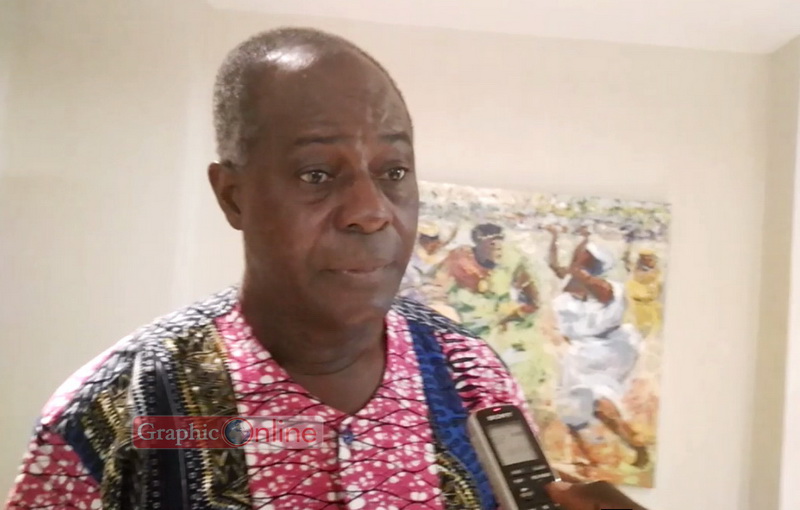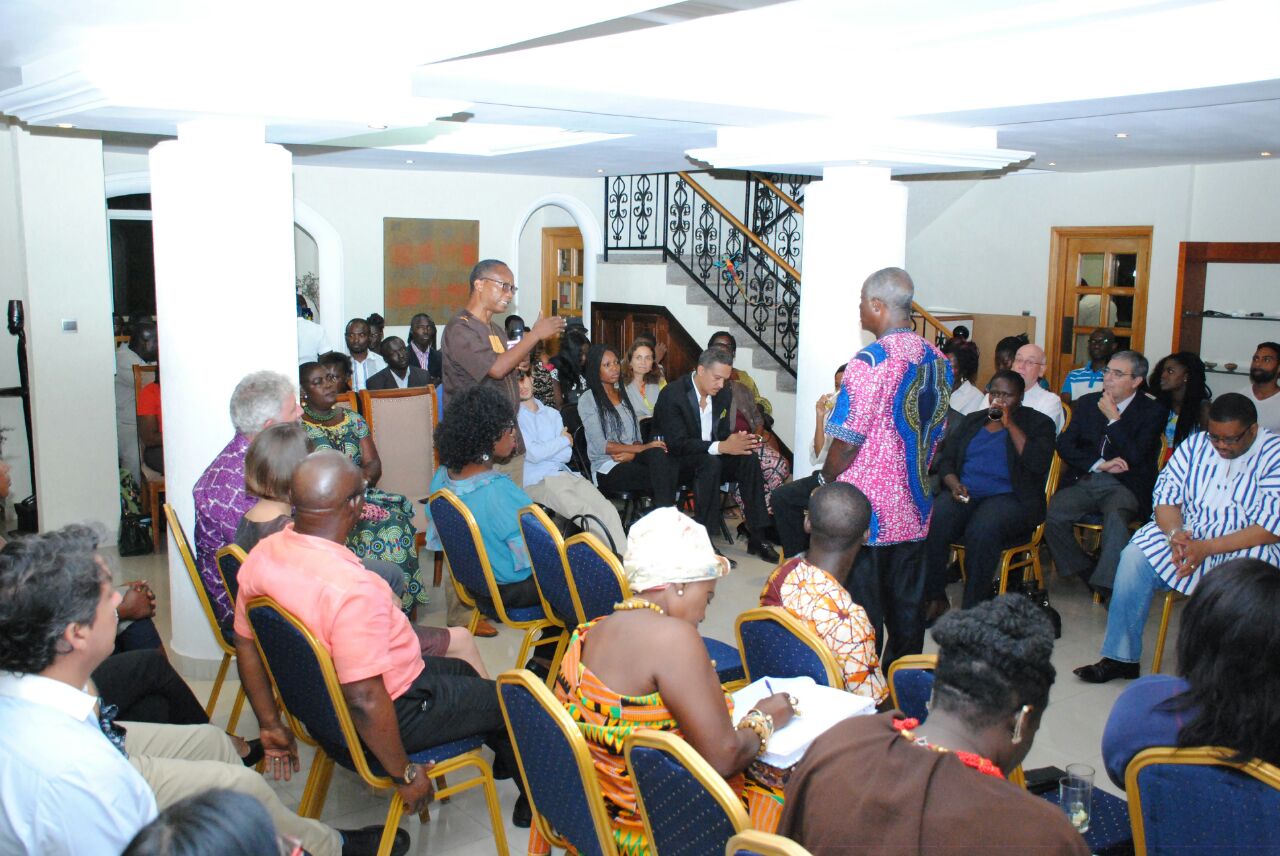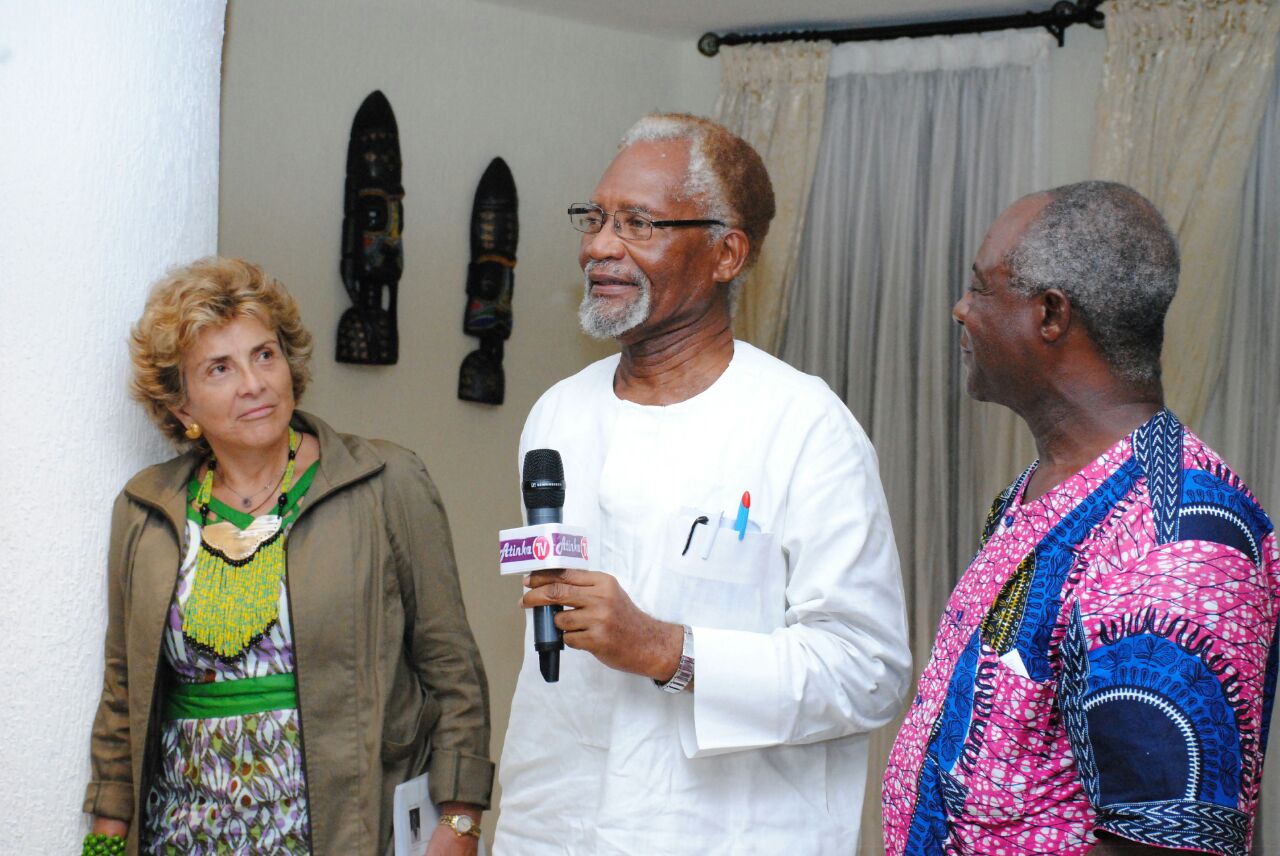
Systems and sanctions can cure “Ghana-Time” canker – Forum
A Ghanaian Sociologist and Senior Lecturer at the University of Ghana, Prof Kodjo Senah has asked Ghanaians to boycott programmes they patronize but which delay unduly and demand their fees.
Advertisement
He said by so doing, programme organisers will be minded to keep to time, respect patrons and engender a national responsiveness to the Ghanaian’s notorious disregard for time-keeping.
Prof Senah made the call as the lead discussant at an evening forum on time-keeping in Ghana, which discourse is planned to culminate in a national dialogue on what has come to be known as a deep-seated national canker.
{youtube}v=m-Eq2N-MQ2A{/youtube}
The forum was on the theme: Time-Keeping, a Socio-Cultural Analysis, and according to Prof Senah, functional systems and sanctions could lead the way for a lasting solution to the problem as systems have a way of routinizing people.
The mini dialogue was organised by TLC in collaboration with Gelis Communications.
With claims that lateness cost Ghana more than official corruption, there was an emphatic consensus for the nation to do something urgently about the canker.
Responding to the issue of whether it is in the DNA of the Ghanaian to be late, Prof Senah said far from being the nature of the Ghanaian, a combination of other factors such as the traditional concept of time, the person involved and the environment in relation to the person’s own socio-demographic characteristics, are at the base of the challenge.

He pointed out that traditionally Ghanaians reckoned time in blocks (by the movement of the sun), such that a promise to visit one in the afternoon meant anytime between 11am and 4pm and that in spite of our age-long contact with Europe where time is reckoned by the minute and hour, many have not changed from the old ways even though we all agree it is costing us a great deal.
Other Trending Stories
“Time-keeping was not part of our tradition but our contact with Europe has exposed us to this kind of time reckoning so you see that very often when people are late for a function, they walk in, no apologies…I don’t know whether they are still reckoning time in blocks, it is appears it is deep down there.”
Calling the challenge of lateness in Ghana as a hydra-headed problem, Prof Senah said there are many routes to dealing with the problem, explaining that “You ask somebody to be here at 6 O’clock and the person comes at 6:30, smiling, and if you dare query the person he says ‘but 6:30 is not too bad.’”
“But while talking about our culture, I also must address the issue that there are structural difficulties. When I travel to Europe I see Ghanaians, the same Ghanaians going about things in such a way that… if they are invited to a meeting, yes they follow time. They calculate the time when they should be at the tram station, in fact as soon as you press a few knobs on your computer you can see the times of the tram and that can tell you when you should be there. If you are working at a place where you have to clock-in…, and then you are paid at the end of the month according to how early or how late you came to work, that will stimulate you to do things well.
“Here in our system how many of us here who have no vehicles can tell when you’ll get home this evening? You can go and stand by the roadside, without having a reliable public transportation system, taxis, if you are lucky, you are holding your money but he (the driver) says ‘I’m not going there, your road is very bad’. Yet you need to be at a certain place and everybody is expecting you to be on time”, he lamented.

Mrs Claudia Quintero Turbay, Colombian Ambassador to Ghana; renowned Poet, Writer and time advocate, Professor Atukwei Okine and Prof Kodjo Senah
Prof Senah said the structural difficulties also manifest in the limited number of arterial roads such that when anything happens on one road, there are no alternate routes except to sit and wait endlessly in choking traffic. And then again there is the issue of warning people off from urinating haphazardly but we fail to point them to where they can respond to the call of nature “which cannot be postponed”.
“If you put up a sticker 'Don’t urinate here', then there should be an arrow to point to the urinal. Where is the arrow? You know when you have to wee-wee, you have a pollutant down there, you need a toilet facility immediately, you can’t postpone it. Why do you do that…?” he asked of the Ghanaian system.
The Chairman of the National Media Commission, Mr Kwesi Gyan-Appenteng who said the country loses an awful lot everyday through lateness, pointed out that actual studies have suggested that lateness was more costly than corruption and wondered if as a society we could afford to be ambivalent as to which way to go – embrace modernity and change our ways or accommodate our traditional ways and stop complaining.
Whichever way we choose to go, he said the problem needs an urgent national debate so the way is clear for all.
The Colombian Ambassador to Ghana, Mrs Claudia Quintero Turbay, who hosted the evening’s forum, said she was learning a great deal about the Ghanaian’s way of life, insisting that the issue was not about which system was right or wrong but rather which best suits one’s way of life and which calls for a better appreciation of why chosen societies do things differently.



